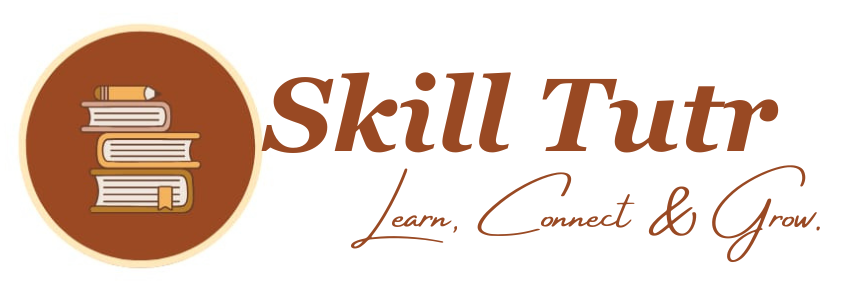Utilizing the ideas of quantum mechanics, the science that describes the behavior of minuscule particles like electrons and photons, quantum computing offers a novel and potent method of information processing. A characteristic known as superposition allows quantum bits, or qubits, to exist in several states simultaneously, in contrast to classical computers that use bits (either 0 or 1).
A qubit can be both 0 and 1 at the same time thanks to superposition. This indicates that quantum computers are extremely powerful for addressing difficult problems since they can process many calculations at once. Entanglement, in which two or more qubits become connected so that the state of one instantly affects the state of the other — even across great distances — is another important idea.
A straightforward illustration of this would be that a quantum computer may try numerous password possibilities simultaneously, significantly accelerating the process, whereas a conventional computer attempts one password at a time. Quantum computers, however, are more than just “faster computers”; they are made to tackle specific issues that traditional computers find difficult to resolve, such drug development through molecular simulation, traffic or logistics optimization, or cracking specific encryption techniques.
Similar to how logic gates are used in classical computers, quantum gates are used in quantum computers to control qubits. But because these gates work on quantum principles, the computations are significantly different and frequently more effective. Because qubits are extremely susceptible to noise, temperature, and other external conditions, creating stable qubits is a difficulty.
The NISQ period, or Noisy Intermediate-Scale Quantum, is when modern quantum computers are still in their infancy. Although they can’t currently surpass traditional machines in the majority of daily jobs, they are developing quickly. Global entrepreneurs and tech behemoths like Google and IBM are vying to create quantum machines that are more potent, dependable, and scalable.
It is anticipated that quantum computing would transform a number of disciplines, including material science, artificial intelligence, and encryption. Despite the complexity of the technology, its fundamental concepts—superposition, entanglement, and quantum gates—lay the groundwork for a time when computers will be able to address issues that were previously thought to be insurmountable.
To put it simply, quantum computing uses the peculiar yet potent laws of the quantum realm to unleash the possibility of solving extraordinarily challenging tasks.
